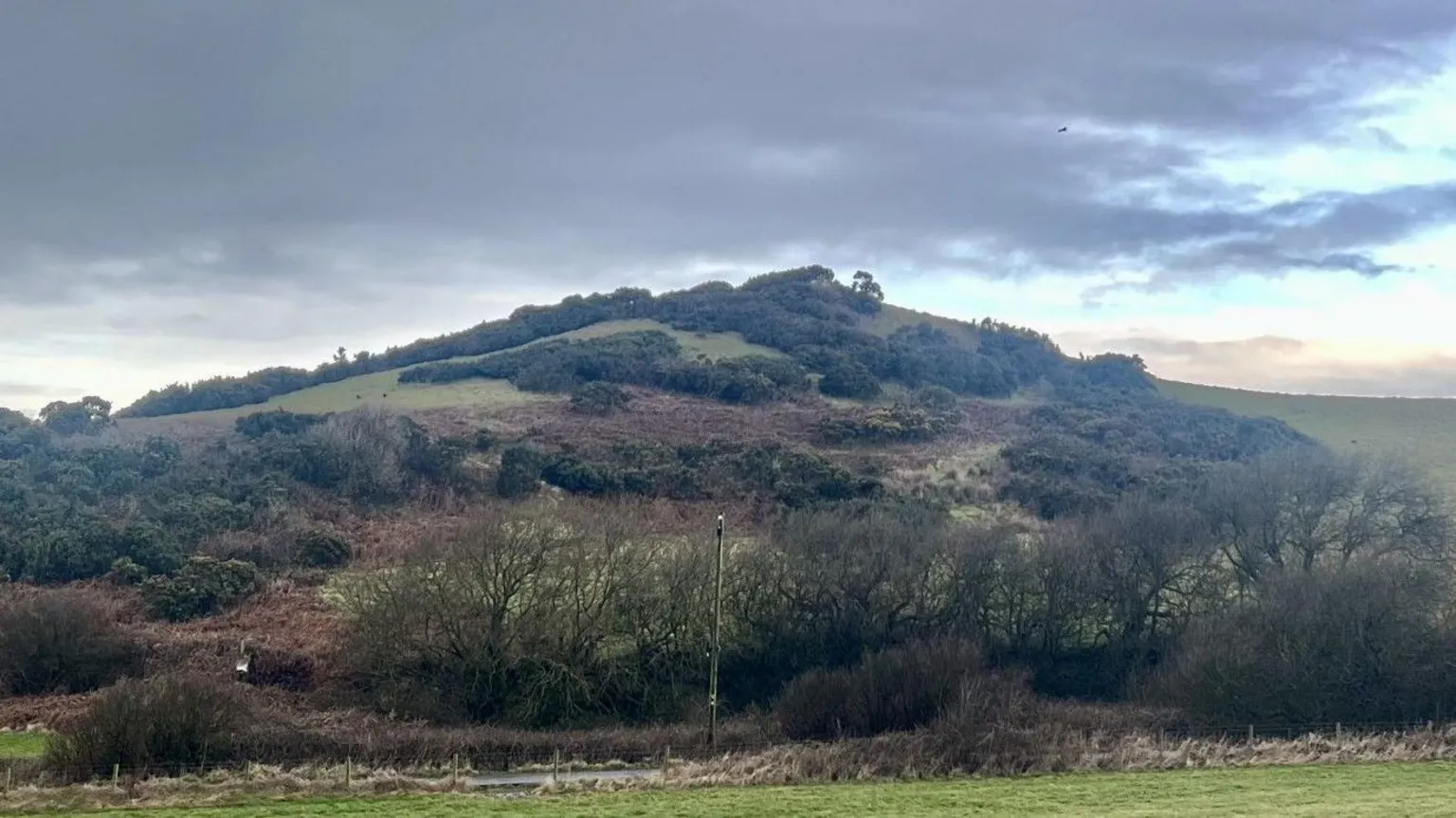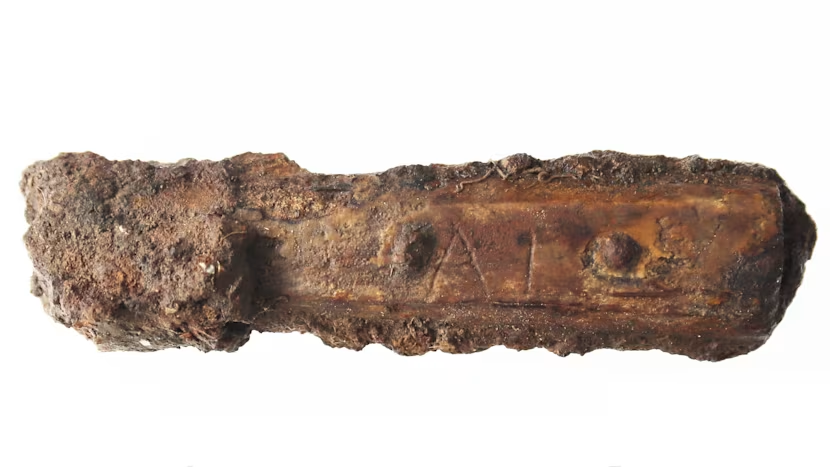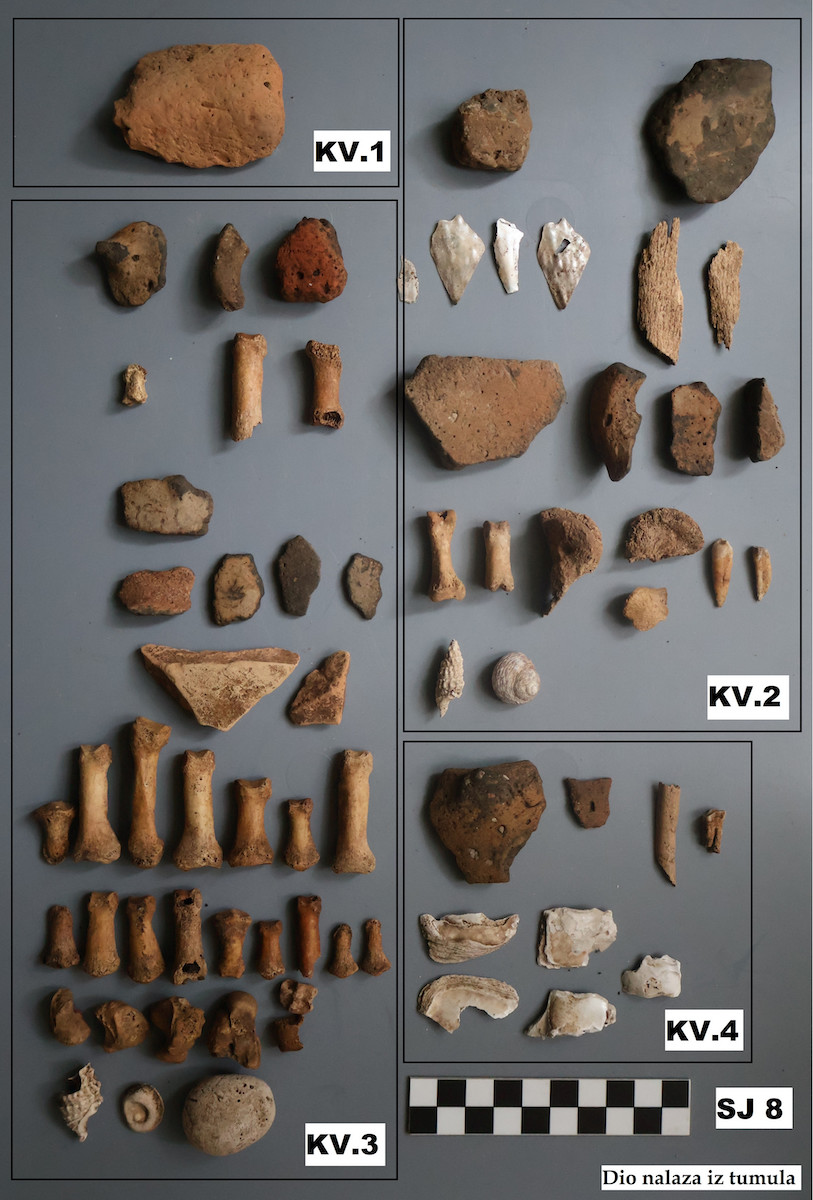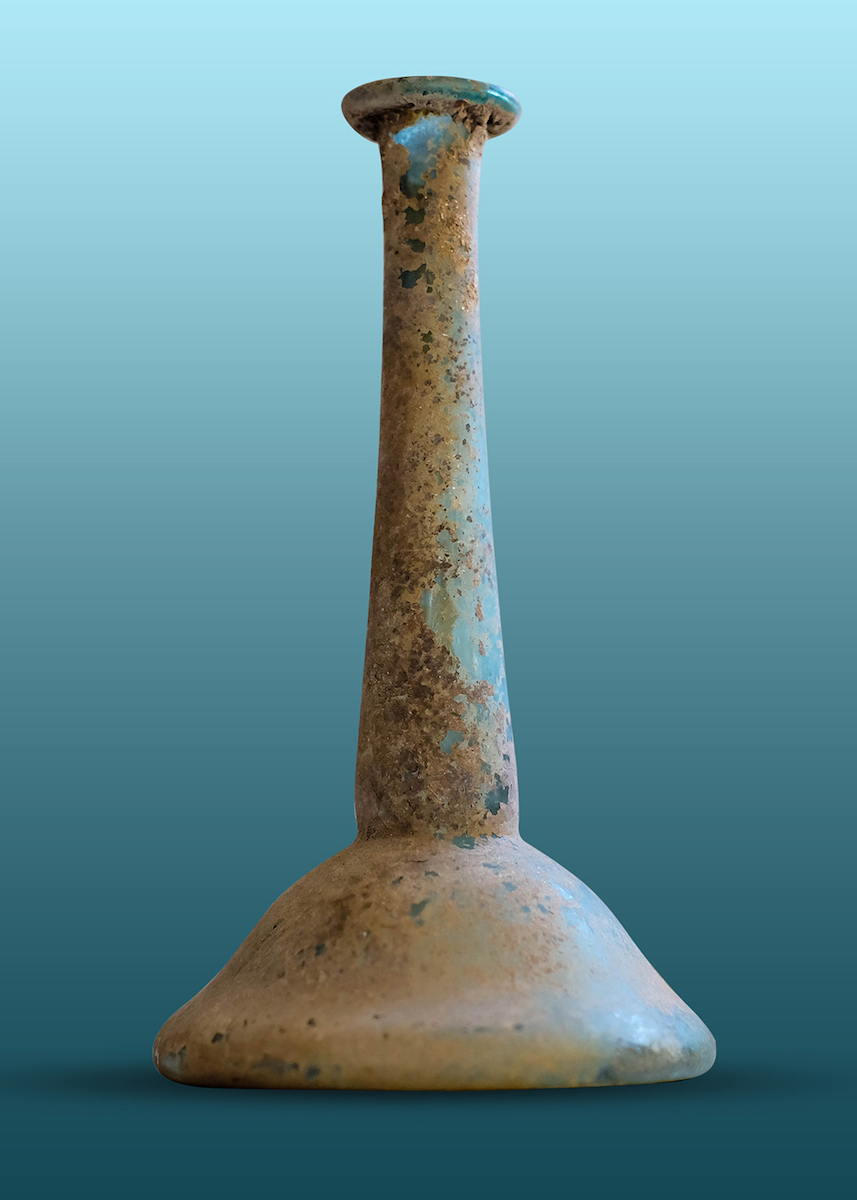In a groundbreaking archaeological discovery, a team of researchers has unearthed a Harappan-era settlement dating back over 5,000 years in Gujarat's Kutch region. The excavation, initiated after the discovery of a necropolis with more than 500 graves near Juna Khatiya village in 2018, has led to the identification of a settlement site located approximately 1.5 km away on Padta Bet.
At the Padta Bet site, archaeologists have uncovered a range of structures, including round and rectangular dwellings, along with an array of artifacts such as pots, dishes, semi-precious stones, shell fragments, and hammer stones. This discovery suggests that the settlement thrived around 5,700 years ago and was inhabited from the early to late Harappan era.
The presence of animal remains, including those of cows, goats, and a human skeleton, indicates that the inhabitants likely engaged in animal husbandry. The strategic positioning of the settlement on a hillock, offering panoramic views of the surrounding landscape and proximity to a nearby river, suggests thoughtful considerations in selecting the settlement location.
The research team, comprising universities and institutes from India, Spain, and the US, aims to further explore the connection between the burial site and the settlement. Future investigations will delve into various aspects of ancient life, including the inhabitants' lifestyle, dietary habits, economic activities, and reasons behind the sparse structures at the settlement site.
Overall, this discovery sheds new light on the ancient Harappan civilization and underscores the significance of interdisciplinary collaboration in archaeological research.









